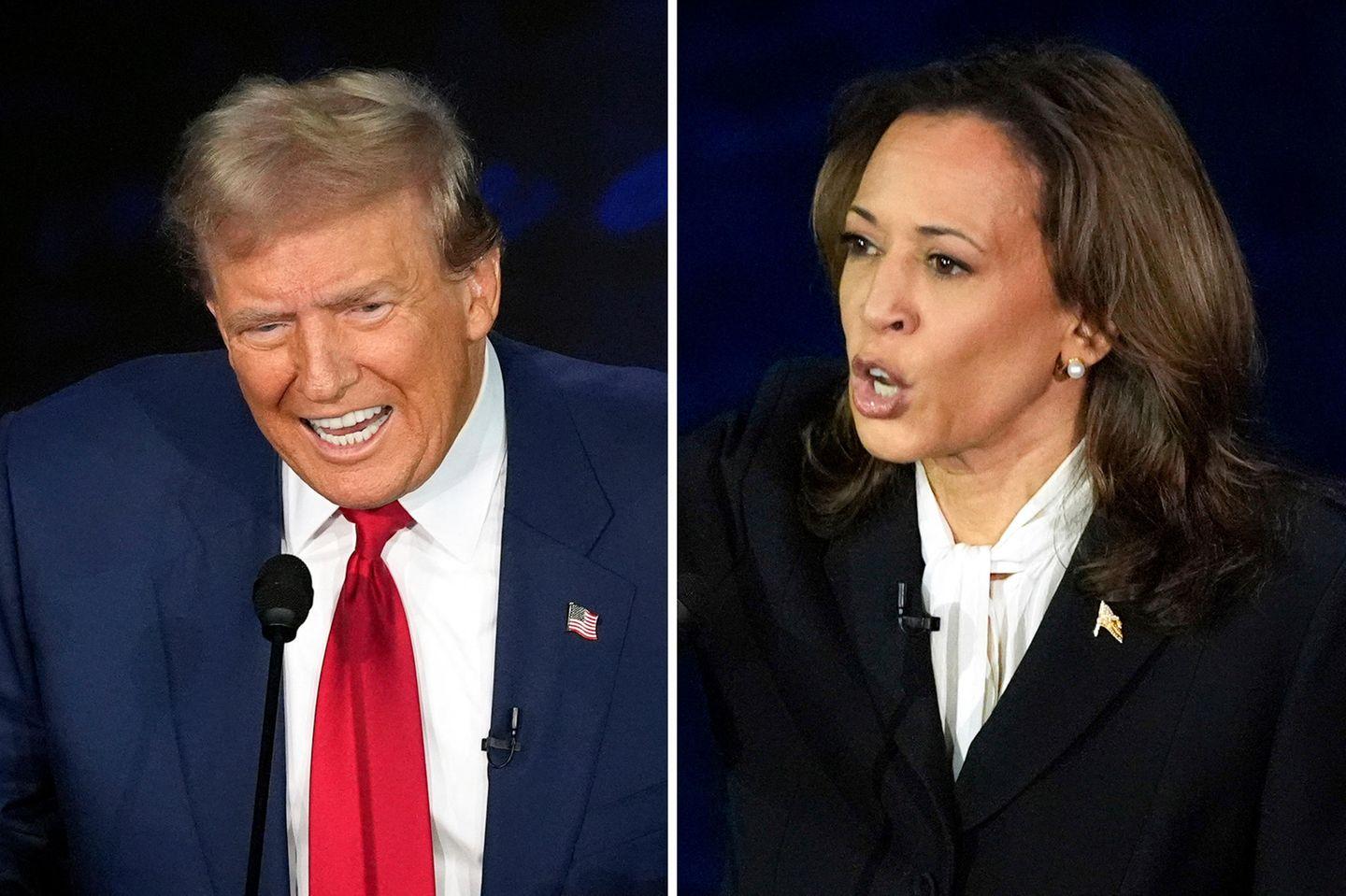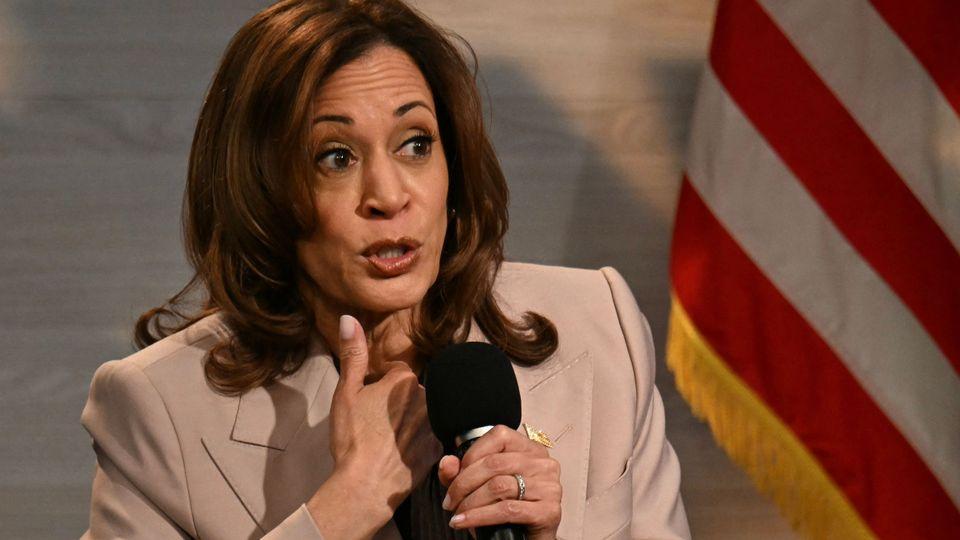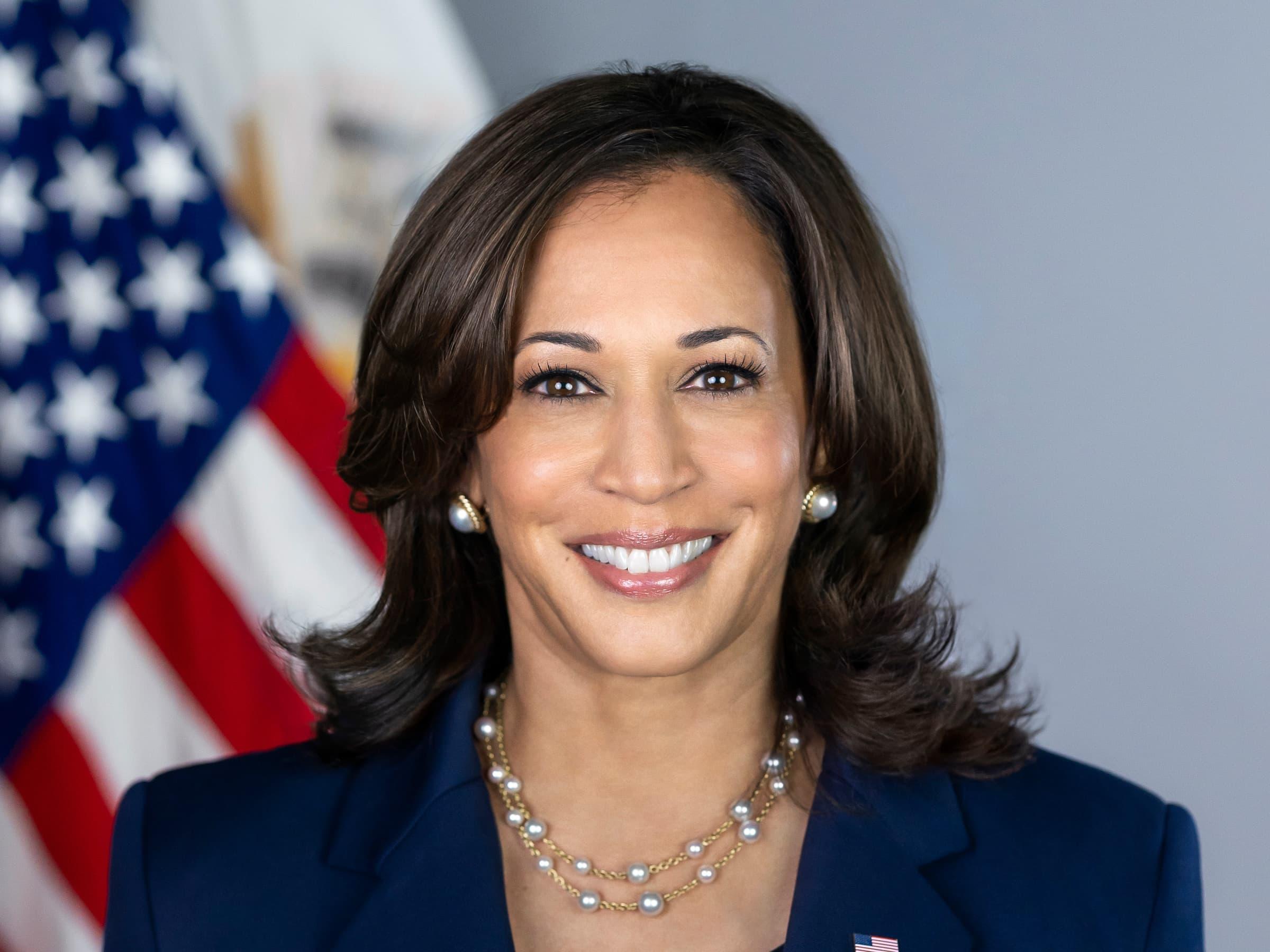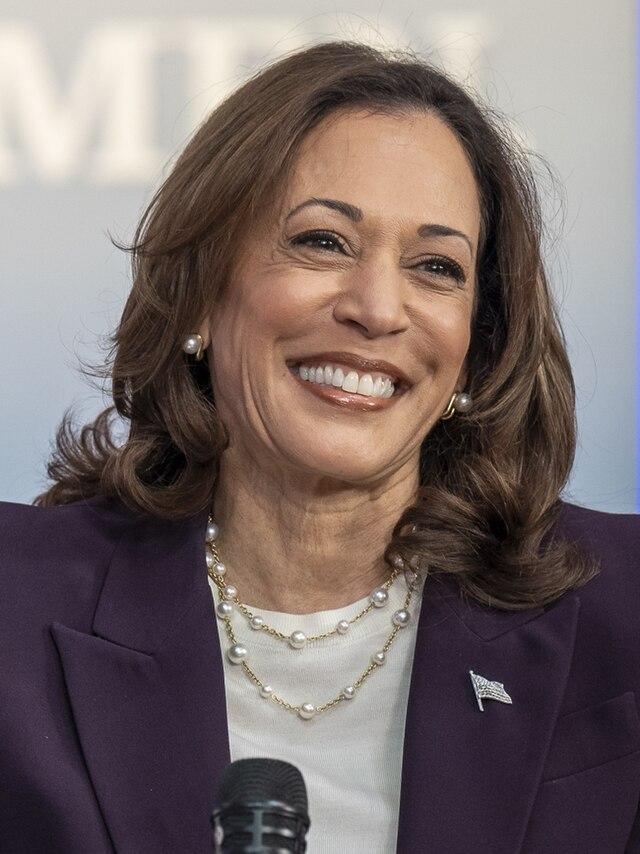In a recent interview with the National Association of Black Journalists (NABJ), Vice President Kamala Harris touched on a variety of pressing issues including the economy, the situation in Gaza, and the state of political civility in America. Here are five key takeaways from her discussion with USA TODAY.
Table of Contents
- Economic recovery: Kamala Harris outlines plans for boosting the economy
- Challenges in Gaza: Harris addresses humanitarian concerns and diplomatic efforts
- Importance of political civility: Harris discusses the need for respectful discourse in government
- Key insights from Kamala Harris’ interview with NABJ on US economy and foreign policy
- Q&A
- The Conclusion

Economic recovery: Kamala Harris outlines plans for boosting the economy
During an interview with the National Association of Black Journalists, Vice President Kamala Harris outlined her plans for boosting the economy in the wake of the pandemic. Harris emphasized the need for targeted investments in infrastructure, small businesses, and job training programs to create sustainable economic growth.
She also highlighted the importance of addressing systemic inequalities that have disproportionately impacted communities of color. Harris proposed increasing access to affordable housing, healthcare, and education as key components of her economic recovery plan. By focusing on equity and inclusivity, she aims to build a stronger, more resilient economy for all Americans.

Challenges in Gaza: Harris addresses humanitarian concerns and diplomatic efforts
During a recent interview with the National Association of Black Journalists, Kamala Harris shared her thoughts on the challenges facing Gaza, touching on humanitarian concerns and diplomatic efforts. The Vice President emphasized the importance of addressing the economic situation in Gaza, highlighting the need for sustainable solutions to support the region’s development and stability.
Amidst discussions on political civility in the region, Harris stressed the significance of engaging in constructive dialogue to promote peace and unity. She underscored the need for all parties to come together to address the complex issues facing Gaza, fostering a collaborative approach towards building a better future for its residents. Harris’s insights shed light on the complexities of the situation and the importance of continued diplomatic efforts to bring about positive change in the region.

Importance of political civility: Harris discusses the need for respectful discourse in government
In a recent interview with the National Association of Black Journalists, Kamala Harris highlighted the critical need for political civility in government discourse. The Vice President emphasized the importance of respectful dialogue, stating that it is essential for facilitating bipartisanship and effective governance. Harris underscored that while disagreements are a natural part of the political process, maintaining civility and mutual respect is crucial for finding common ground and addressing pressing issues facing the nation.
Harris also addressed key topics such as the economy and the situation in Gaza during the interview, offering insight on the administration’s approach and priorities. The discussion shed light on the administration’s efforts to promote economic recovery and support marginalized communities, as well as its commitment to working towards a peaceful resolution in conflict-ridden regions. Harris’s interview underscored the significance of political civility in fostering productive discussions and advancing policy solutions that benefit all Americans.

Key insights from Kamala Harris’ interview with NABJ on US economy and foreign policy
During her interview with the National Association of Black Journalists (NABJ), Kamala Harris touched on key topics related to the US economy and foreign policy. One of the major takeaways from the conversation was Harris’ emphasis on the need for economic policies that prioritize working families. She highlighted the importance of investing in education, healthcare, and infrastructure to ensure that all Americans have the opportunity to succeed.
Furthermore, Harris addressed the ongoing conflict in Gaza, expressing support for Israel’s right to defend itself while also calling for a ceasefire to prevent further civilian casualties. She emphasized the need for a diplomatic solution to the crisis and stressed the importance of working with international partners to de-escalate the situation. In addition, Harris spoke about the importance of political civility in today’s polarized climate, calling for respectful discourse and cooperation across party lines to address pressing issues facing the nation.
Q&A
Q: What were the main topics discussed by Kamala Harris in her interview with NABJ?
A: Kamala Harris discussed the economy, Gaza, and political civility during her interview with NABJ.
Q: What were the key takeaways from the interview?
A: The key takeaways from the interview included Harris’ views on the economy, the situation in Gaza, and the importance of political civility.
Q: How did Harris address the issue of the economy?
A: Harris discussed the need for economic policies that prioritize working families and address income inequality.
Q: What was Harris’ stance on the situation in Gaza?
A: Harris expressed concern about the humanitarian crisis in Gaza and emphasized the need for a peaceful resolution to the conflict.
Q: How did Harris address the issue of political civility during the interview?
A: Harris stressed the importance of respectful dialogue and collaboration in politics, urging her colleagues to work together for the common good.
The Conclusion
Kamala Harris’ interview with NABJ shed light on crucial issues such as economy, Gaza, and political civility. The Vice President’s insights and perspectives provided valuable takeaways for both policymakers and the public. As the nation grapples with complex challenges, it is essential to engage in thoughtful discussions and seek constructive solutions. Stay tuned for more updates on these pressing issues and remember to stay informed to make informed decisions. Thank you for reading.
